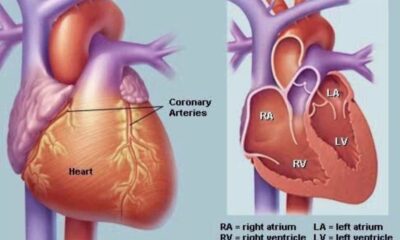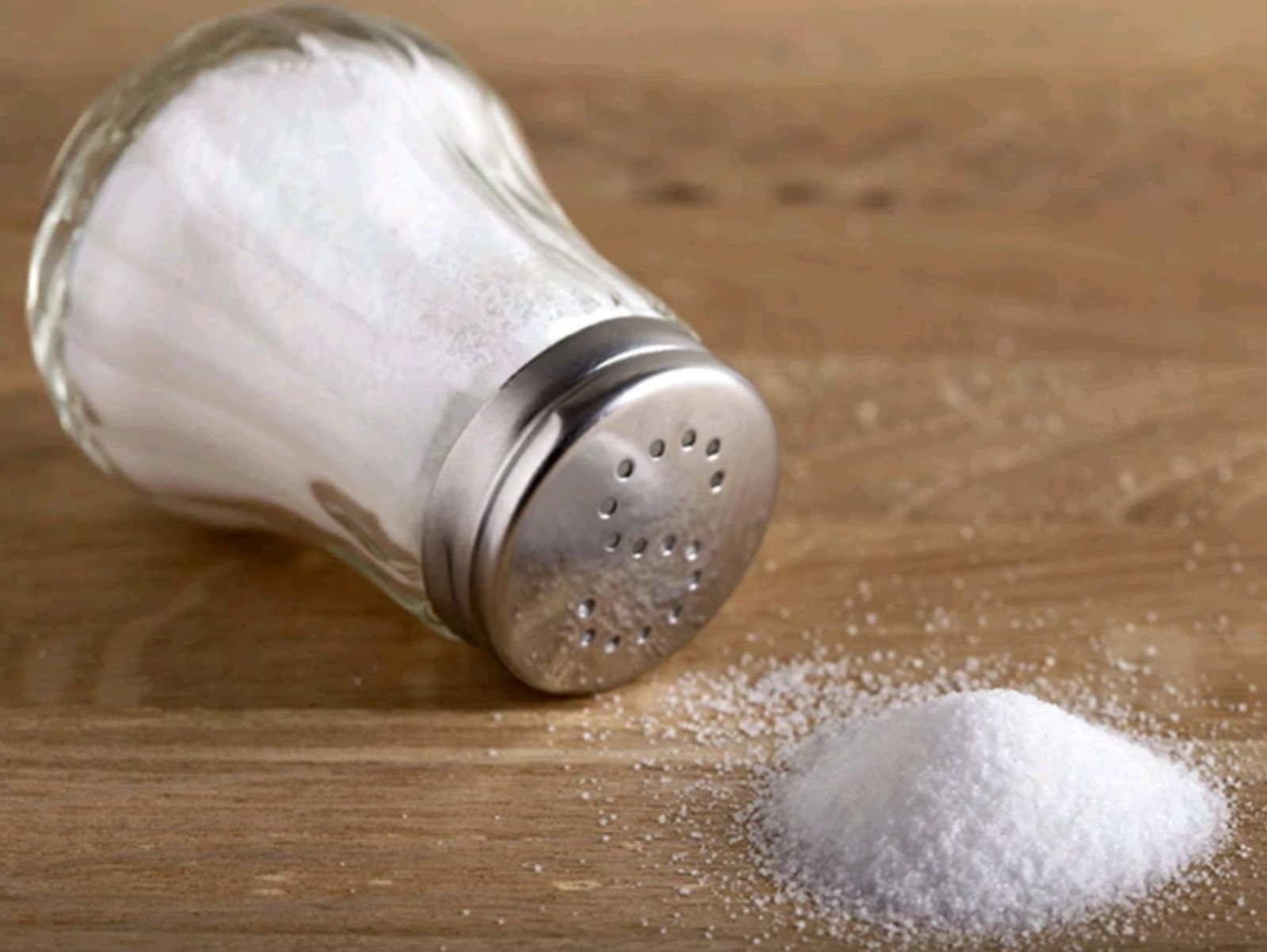Experiencing heavy or prolonged periods can significantly impact a woman’s quality of life, causing discomfort, fatigue, and sometimes even leading to anemia.
Understanding the causes, symptoms, regular check-ups and appropriate times to seek medical advice is crucial for maintaining reproductive health and overall well-being…Click Here To Continue Reading>> …Click Here To Continue Reading>>
Heavy menstrual bleeding, also known as menorrhagia, is a common condition that affects many women during their reproductive years. Experiencing heavy or prolonged periods can significantly impact a woman’s quality of life, causing discomfort, fatigue, and sometimes even leading to anemia. Understanding the causes, symptoms, regular check-ups and appropriate times to seek medical advice is crucial for maintaining reproductive health and overall well-being as shared by Dr. Ankit Shah, Consultant – Surgical Oncology, HCG Cancer Centre, Vadodara.
Understanding Heavy Menstrual Bleeding
Menorrhagia is characterized by menstrual periods with abnormally heavy or prolonged bleeding. Women with this condition may experience soaking through one or more sanitary pads or tampons every hour for several consecutive hours, needing double sanitary protection, or waking up to change sanitary protection during the night. Other symptoms include passing large blood clots and experiencing symptoms of anemia, such as fatigue or shortness of breath.
Causes of Heavy Menstrual Bleeding
Various factors can contribute to heavy menstrual bleeding, ranging from hormonal imbalances to more serious conditions. Common causes include:
• Hormonal Imbalances: Estrogen and progesterone regulate the buildup of the uterine lining. Imbalances can cause excessive lining, leading to heavy bleeding.
• Uterine Fibroids: Noncancerous uterus growths can lead to heavy or prolonged menstrual bleeding.
• Polyps: Small benign growths on the lining of the uterus can also lead to heavy bleeding.
• Adenomyosis: This condition occurs when the endometrial tissue grows into the muscular wall of the uterus, causing heavy periods and pain.
• Bleeding Disorders: Conditions such as von Willebrand disease can affect the blood’s ability to clot, leading to excessive menstrual bleeding.
• Medications: Certain anti-inflammatory or anticoagulant medications can contribute to heavy menstrual bleeding.
When to Be Concerned
While many cases of heavy menstrual bleeding are not related to cancer, it is important to be aware of the potential warning signs of uterine cancer, particularly endometrial cancer, which is the most common type. Uterine cancer primarily affects postmenopausal women, but it can also occur in younger women.
Key symptoms of uterine cancer include:
• Unusual Vaginal Bleeding
• Persistent Pelvic Pain
• Unexplained Weight Loss
• Pain During Intercourse
Risk Factors for Uterine Cancer
Several risk factors can increase the likelihood of developing uterine cancer. These include: READ FULL STORY HERE>>>CLICK HERE TO CONTINUE READING>>>
• Age: The risk increases with age, particularly post-menopause.
• Obesity: Excess body fat can increase estrogen levels, increasing the risk.
• Hormone Therapy: Use of estrogen without progesterone can raise the risk of uterine cancer.
• Family History: A family history of uterine or colorectal cancer can be a significant risk factor.
• Other Health Conditions: Conditions such as polycystic ovary syndrome (PCOS) and diabetes can elevate the risk.
Seeking Medical Advice
If you experience heavy menstrual bleeding or any of the associated symptoms, it is crucial to consult a healthcare provider. A thorough evaluation can help determine the underlying cause and appropriate treatment. Diagnostic tests may include a pelvic exam, ultrasound, biopsy, or hysteroscopy.
Treatment options vary depending on the cause but may include hormonal therapies, medication to reduce bleeding, or surgical interventions such as hysterectomy in severe cases.
While heavy menstrual bleeding can be distressing, it is not always a sign of uterine cancer. However, being vigilant and seeking medical advice when experiencing unusual or persistent symptoms is essential for early detection and effective management of potential health issues. By staying informed and proactive about reproductive health, women can ensure timely intervention and maintain their overall well-being.


 HEALTH & LIFESTYLE10 months ago
HEALTH & LIFESTYLE10 months ago
 METRO11 months ago
METRO11 months ago
 HEALTH & LIFESTYLE6 months ago
HEALTH & LIFESTYLE6 months ago
 METRO9 months ago
METRO9 months ago
 HEALTH & LIFESTYLE10 months ago
HEALTH & LIFESTYLE10 months ago
 SPORTS11 months ago
SPORTS11 months ago
 METRO6 months ago
METRO6 months ago
 SPORTS9 months ago
SPORTS9 months ago


